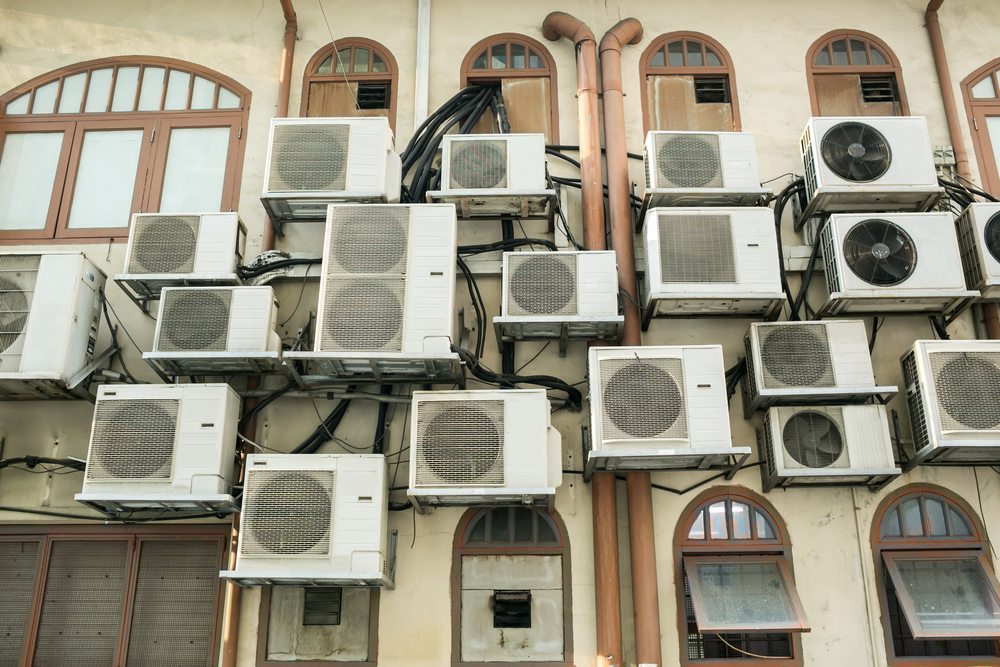The relationship between global warming and air conditioning (AC) is complex and intertwined. It’s a double-edged sword, offering both relief and contributing to the problem. Here’s a breakdown:
**AC’s impact on global warming:**
* **Energy consumption:** Most AC units rely on electricity, often generated from fossil fuels like coal and gas. Burning these fuels releases greenhouse gases, trapping heat in the atmosphere and contributing to global warming. This creates a **feedback loop**: the hotter it gets, the more AC is used, which in turn releases more heat-trapping gases, making it even hotter.
* **Refrigerant leaks:** Older AC units use hydrofluorocarbons (HFCs) as refrigerants, potent greenhouse gases with thousands of times the warming potential of CO2. Leaks during production, use, and disposal contribute to global warming.
**Global warming’s impact on AC use:**
* **Rising temperatures:** As the planet warms, extreme heat events become more frequent and intense, driving up demand for AC, especially in developing countries with growing economies. This further increases energy consumption and emissions.
* **Health concerns:** In extreme heat, AC becomes crucial for protecting public health, especially for vulnerable populations like the elderly and sick. Lack of access to AC can lead to heatstroke, dehydration, and even death.
**Finding solutions:**
* **Energy efficiency:** Investing in energy-efficient AC units and improving building insulation can significantly reduce energy consumption and emissions.
* **Renewable energy:** Shifting towards renewable energy sources like solar and wind power for electricity generation can significantly reduce the carbon footprint of AC use.
* **Natural cooling solutions:** Utilizing passive cooling techniques like shading, natural ventilation, and green roofs can reduce reliance on AC in some situations.
* **Developing climate-friendly refrigerants:** Replacing HFCs with more environmentally friendly refrigerants like natural refrigerants or low-global-warming-potential alternatives is crucial.
**Overall:**
While AC plays a vital role in human health and comfort, its contribution to global warming cannot be ignored. Addressing this challenge requires a multi-pronged approach, focusing on energy efficiency, renewable energy, sustainable refrigerants, and exploring passive cooling solutions. By working together, we can find ways to stay cool while protecting our planet.
I hope this explanation is helpful. Please let me know if you have any further questions.
